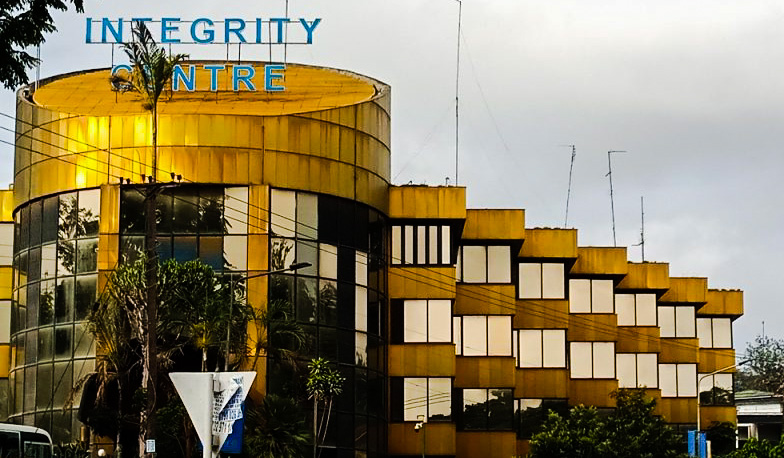-
Kenya obtained a score of 31 out of 100 having scored 28 points in 2019.
Kenya is ranked 124th among 180 countries in the Corruption Perceptions index 2020 released by the Transparency International.
The rank was shared alongside Bolivia, Kyrgyzstan, Mexico and Pakistan.
According to the index, this was a decline of 4 places since 2012. Kenya obtained a score of 31 out of 100 having scored 28 points in 2019.
“Kenya’s score still falls below the Sub-Saharan average of 32 and global average of 43 – a score below 50 indicates serious levels of public sector corruption,” Transparency International Kenya said.
The CPI 2020 ranks Rwanda the highest in the East African region with 54 points, Tanzania – 38, Kenya – 31, Uganda – 27, Burundi – 19 and South Sudan scoring 12 points.
The 2020 edition of the CPI ranks 180 countries and territories by their perceived levels of public sector corruption, drawing on 13 expert assessments and surveys of business executives.
It uses a scale of zero (highly corrupt) to 100 (very clean).
In Sub-Saharan Africa, Seychelles with a score of 66 remained at the top, followed by Botswana (60) and Cabo Verde (58).
At the bottom of the index are Sudan (16), Somalia (12) and South Sudan (12).
“With an average score of 32, Sub-Saharan Africa is the lowest-performing region on the CPI, showing little improvement from previous years and underscoring a need for urgent action,” reads part of the report.
This year’s CPI highlighted the relationship between the COVID-19 Pandemic and corruption. The report shows that countries that perform well on the CPI, also invest more on healthcare.
“The COVID-19 crisis has exposed cracks in our institutions, especially in public procurement. It is time to plug the gaps that enable corruption to thrive in Kenya particularly as we look towards taking the country along a path of recovery,” said Sheila Masinde, Executive Director, Transparency International Kenya.
“The government must guarantee that the acquisition and distribution of the much-awaited COVID-19 vaccines will be transparent and equitable, as such strong oversight mechanisms are required,” she adds.




